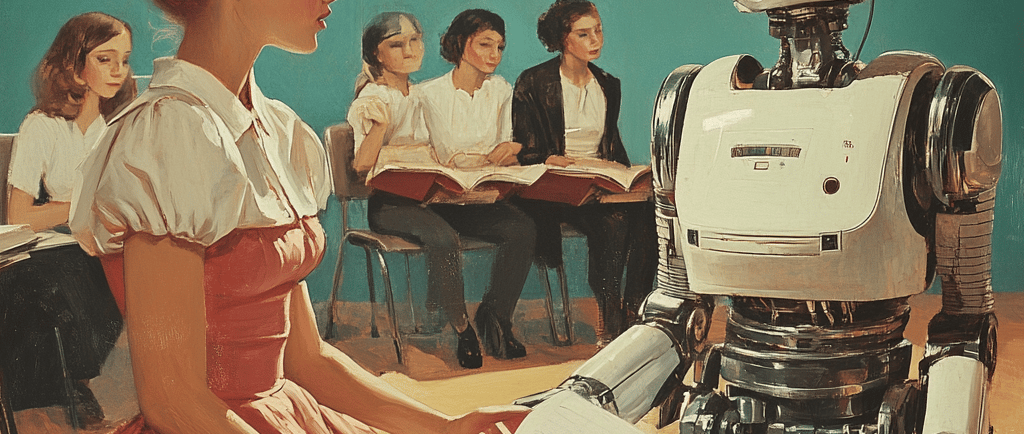How AI Tutors Are Transforming Education for a New Era
TIMELINE


AI Tutors Transform Education: The Future of Personalized Learning
I’ve always believed that education is one of the most powerful tools for shaping the future, but for a long time, it has been stuck in an outdated system. The traditional model of education—one teacher, a room full of students, and a standardized curriculum—has barely changed in decades. Now, with AI-driven personalized learning on the rise, we’re about to witness the most significant transformation in education since the invention of the printing press.
Imagine a world where every student has access to a tutor that understands their learning style, adapts to their pace, and provides instant feedback. This isn’t just an idea anymore—it’s happening. AI tutors are already being integrated into classrooms, helping students grasp complex subjects, offering one-on-one guidance, and personalizing lessons in ways that no human teacher ever could at scale.
For years, I’ve seen students struggle under a rigid education system that treats them all the same, even though no two minds learn alike. Some students fall behind, while others feel unchallenged. AI tutors change that. They assess strengths and weaknesses in real-time, adjusting lessons dynamically to match a student’s level of understanding. A student struggling with algebra can receive step-by-step guidance tailored specifically to their mistakes, while another excelling in the subject can be challenged with advanced concepts instead of waiting for the rest of the class to catch up.
The potential goes beyond traditional subjects. AI can teach students problem-solving, creativity, and even emotional intelligence by recognizing patterns in behavior and providing feedback tailored to social interactions. This is especially valuable for neurodivergent learners who often get left behind in the conventional system. With AI tutors, students can receive support that is truly customized to their needs, something that was never possible before on a large scale.
I’ve also been thinking about what this means for teachers. The role of an educator is shifting from someone who simply delivers knowledge to someone who guides, mentors, and curates a student’s learning journey. AI won’t replace teachers, but it will amplify their ability to reach every student effectively. Instead of spending time grading papers or repeating lectures, teachers can focus on the human side of education—mentorship, inspiration, and fostering critical thinking.
Of course, this transformation isn’t without challenges. What happens when students become too dependent on AI? How do we ensure that these learning models are unbiased and inclusive? And then there’s the biggest question: accessibility. Will AI-driven education be available to everyone, or will it create an even larger gap between those who can afford it and those who can’t?
I don’t have all the answers, but I do know this: education as we know it is about to change forever. AI tutors are here, and they’re only getting smarter. The real challenge now is making sure they are used ethically, responsibly, and in a way that benefits all students—not just a privileged few. The future of learning is adaptive, intelligent, and personalized. The only question left is, are we ready to embrace it?
